Electrical wiring is an intricate and vital aspect of any building’s infrastructure and powers our daily lives. However, faulty wiring becomes a silent and often overlooked threat when not managed correctly.
While the do-it-yourself (DIY) trend has gained significant traction in recent years, and tackling wiring issues on your own to save a few dollars is tempting, the risks associated with amateur electrical work cannot be understated.
Electrical Fires
Faulty wiring is one of the primary causes of electrical fires. Compromised wire insulation or connections can cause sparks, igniting nearby flammable materials. While many believe they can visually spot a wiring issue, most electrical problems remain hidden behind walls, ceilings, or floors. When you see signs of trouble, it might already be too late.
Electrocution and Serious Injury
Tinkering with electrical wiring without the proper knowledge or precautions is akin to playing with fire. There’s a genuine risk of electrocution, which can result in severe injury or even death. The human body is an excellent conductor of electricity, and just a tiny amount of current can have devastating effects.
Damaged Appliances and Electronics
Faulty wiring can lead to power surges, frying your beloved appliances and gadgets. Not only can this result in hefty replacement costs, but it’s also a frustrating inconvenience that could have been avoided with proper electrical care.
Code Violations and Legal Troubles
DIY electrical work often results in non-compliance with local electrical codes. These codes exist for a reason: to ensure safety. Non-compliance can lead to legal troubles, hefty fines, or worse, being held liable if an electrical fault leads to property damage or harm to another individual.
Increased Long-Term Costs
While DIY might seem cost-effective in the short term, faulty installations or repairs can lead to more significant issues. What was once a small problem can escalate into a much larger and costlier one if not addressed correctly. Moreover, when you eventually call in a professional to correct DIY mistakes, you’ll likely pay more than if you had initially sought their expertise.
Voided Home Warranties
Some appliances and home insurance policies have clauses that void warranties or coverage if damages result from unauthorized or amateur repairs. If your DIY electrical work leads to a problem, you might bear the full brunt of repair or replacement costs.
While it’s admirable to want to roll up your sleeves and address home issues head-on, electrical work is one area where professional intervention is not just recommended—it’s essential. The stakes are high, and the consequences of faulty wiring or poor electrical work can be catastrophic.
Remember, electrical work isn’t just about connecting wires. It requires an in-depth understanding of circuits, grounding, load calculations, and safety protocols. When in doubt, always prioritize safety over savings and call in a certified electrician. Your home, your belongings, and most importantly, your life and the lives of those around you are worth it.


